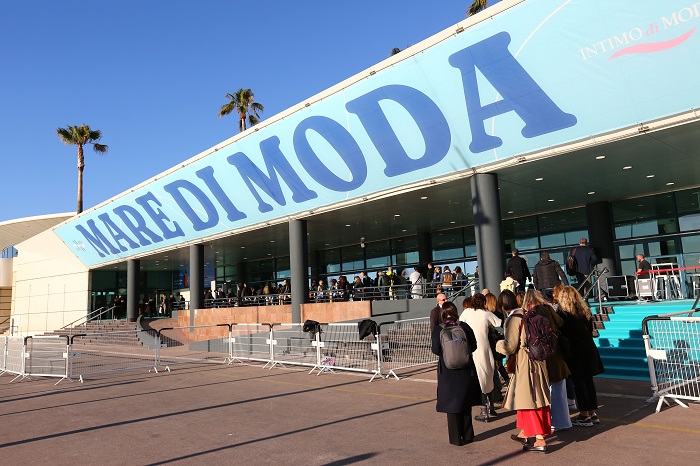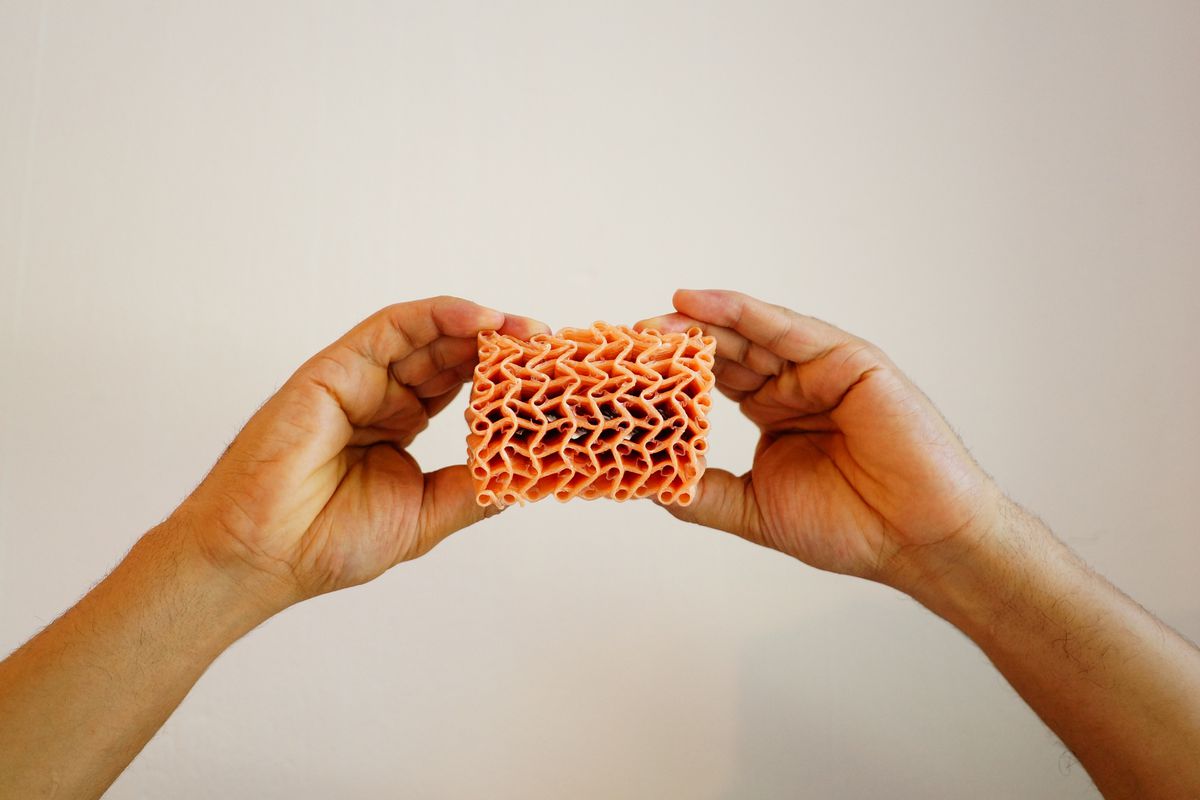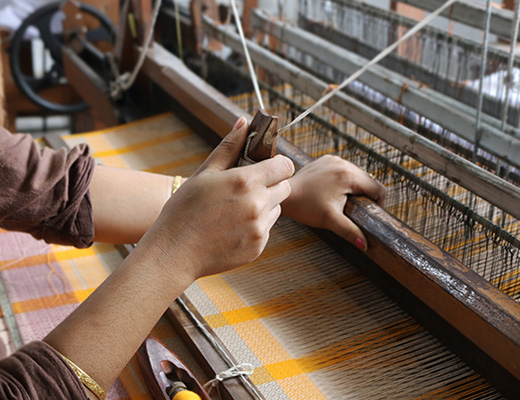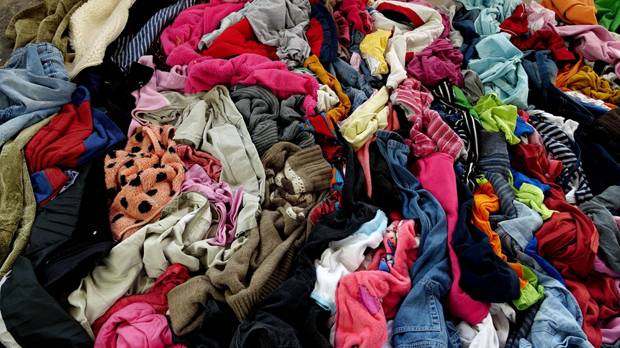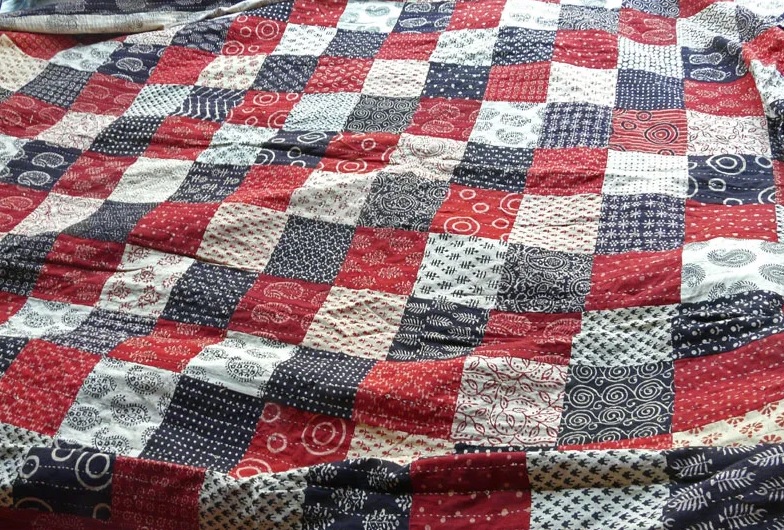During discussions with a delegation from a textile management and engineering consulting firm, Gherzi, Kamran Arshad, Central Chairman, All Pakistan Textile Mills Association (APTMA), emphasised on the importance of a large-scale collaboration in fiber recycling and renewable energy to strengthen Pakistan’s textile exports, generate employment, and drive economic growth. A strategic partnership with Gherzi could help advance Pakistan's economic objectives, Arshad affirmed.
He highlighted, APTMA member mills have already made strides in sustainability by adhering to both international and local standards. Pakistan’s textile industry is planning to establish 1,000 garment factories with a $7 billion investment, aiming to increase exports to $50 billion, create 700,000 jobs, and generate an annual output of $20 million per plant.
Sharing insights on the anticipated slowdown in global garment production growth, Giuseppe Gherzi, Managing Partner, Gherzi advised industry leaders to remain agile and embrace emerging trends to maintain competitiveness. He outlined 34 transformative trends affecting the textile industry, emphasising, adaptation to these shifts is essential for companies aiming to stay competitive and sustainable.
Influenced by technological advancements, sustainability concerns, and evolving market demands, the textile sector would undergo considerable transformation by 2030, Gherzi projected. He noted, the rising significance of recycling will help brands connect with synthetic fiber producers, with several companies investing in innovative recycling technologies.
He also highlighted Galy Co, a biotech firm leading in sustainable cotton production, which recently raised $33 million in an oversubscribed Series B funding round. Galy’s method involves cultivating stem cells from cotton plant varieties in labs using bioreactors, eliminating traditional farming requirements.
Emphasising on need for brands to adapt to shifting market realities and innovate to foster growth, Gherzi noted, ultra-fast fashion is intensifying competition, requiring traditional fast-fashion leaders to innovate. Additionally, the global apparel resale market is rapidly expanding, with projections suggesting it could reach $350 billion by 2028.

